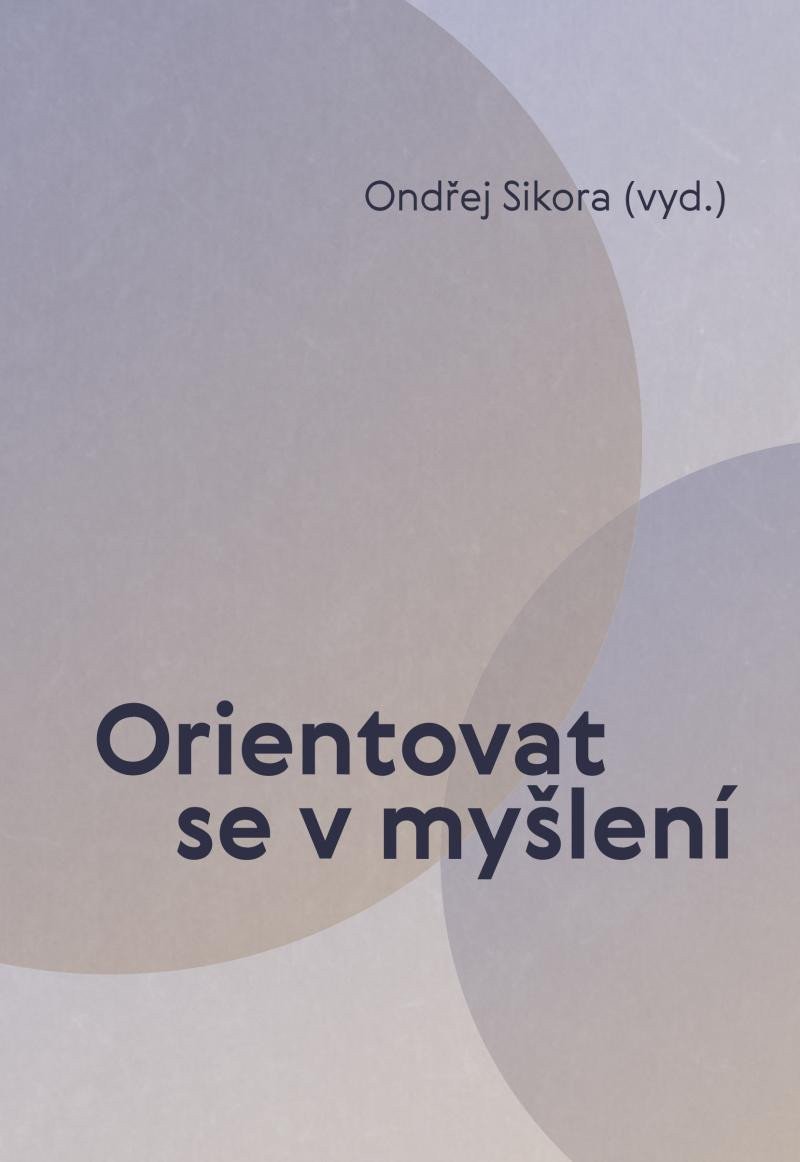Description
With the increasing media coverage of our world and its saturation with texts and information, the need for orientation is growing. The need for orientation is the need for guiding principles, the absence of which paralyzes human ability to act. One of his shorter texts, Immanuel Kant dedicates to the philosophical grasp of the question of orientation. This is an occasional text from 1786 titled "What Does It Mean to Orient Oneself in Thought?" This text serves as a common starting point and reference point, to which seven contributions from Czech and Slovak authors follow. Their common denominator is the questioning, which is also Kant's question: what can "orienting oneself in thought" mean today? What serves as a guiding starting point for human thought, allowing one not to get lost – whether "in the dark night of the supersensible" or in a space saturated with content? ***** Studies following Kant's text can be divided into two groups: the first includes thinkers of German classical philosophy such as Herder, Jacobi, Fichte, or Schelling, while the second features two of the most prominent critics of the philosophical tradition – Wittgenstein and Levinas. The authors' aim was to start from Kant's questioning and subject it to further reflection with the help of selected thinkers. They seek to test the viability of Kant's...
Information
Author: Sikora Ondřej
Publication date: March 1, 2024
Manufacturer: Mervart Pavel Mgr.
Genres: Books, Philosophy, Specialized and technical literature, Social sciences
Type: Books - paperback
Pages: 176
ISBN/EAN: 9788074656231

